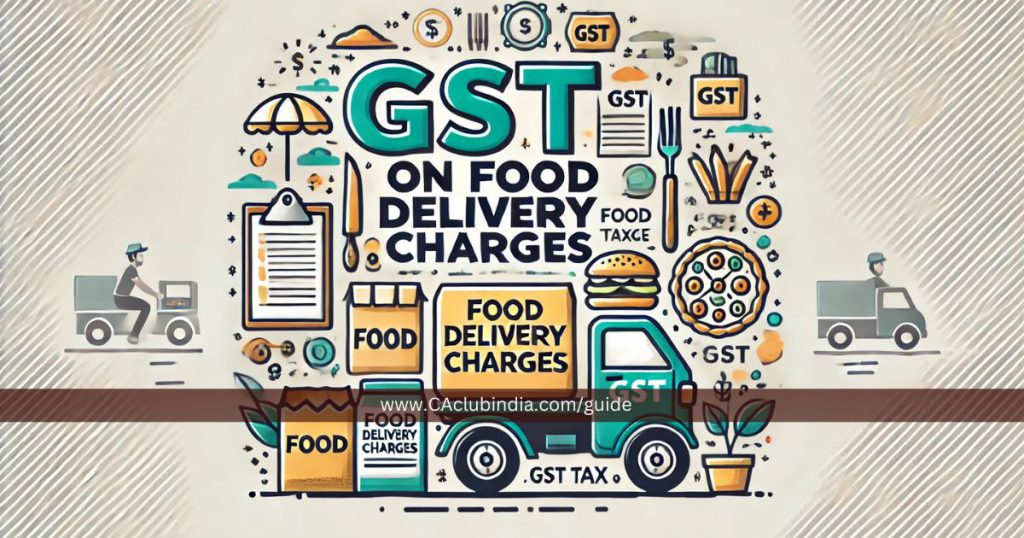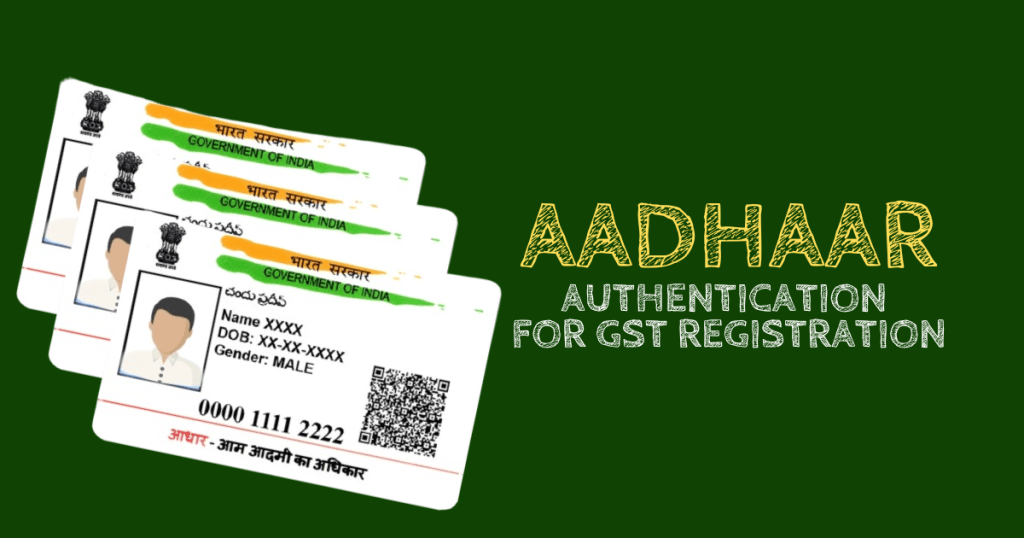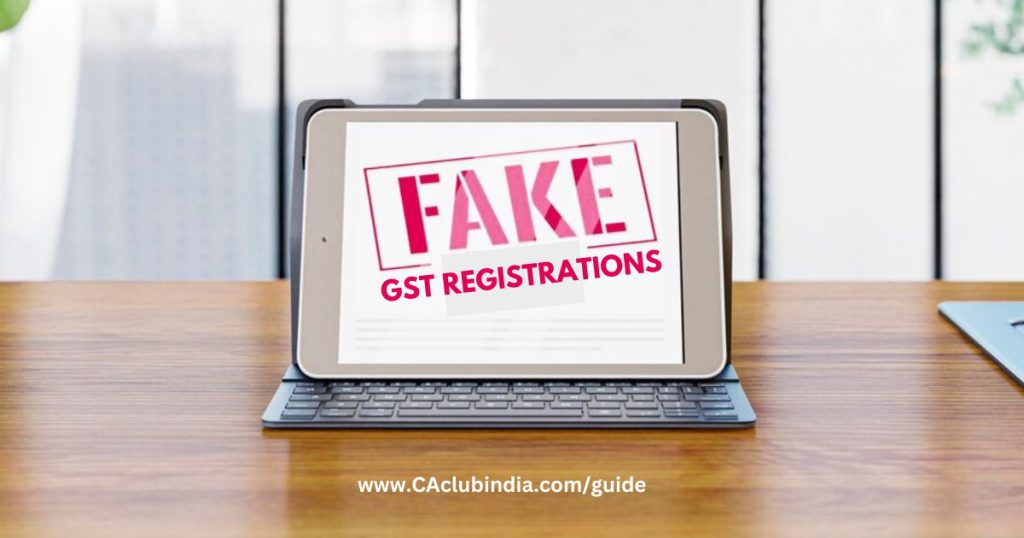GST on Food Delivery Charges means the tax levied on meals ordered through food delivery platforms like Swiggy, Zomato, etc.

The Directorate General of GST Intelligence (DGGI) has issued notices to the major aggregators in the food delivery industry, Zomato and Swiggy seeking GST of Rs. 750 crore (Rs 400 crore from Zomato and Rs 350 crore from Swiggy) for the period between July 2017 and March 2023 questioning the classification of delivery charges along with their food delivery and their applicable GST rate.
The DGGI argues that delivery charges bundled with food supplies should be treated as part of the food supply, attracting a higher GST rate of 18%. Hence, the delivery charges come under the purview of mixed supply under GST.
The government official also stated that food delivery services are subject to an 18% tax. Since platforms like Swiggy and Zomato are collecting a service fee, they are required to pay this tax.
Previously, in the year 2023, these big giants had received GST notices regarding the taxability issues on delivery charges to pay Rs 500 crore each on the total amount collected by them as delivery charges.
Let’s understand the meaning of mixed supply:
As per section 2(74) of the CGST Act, 2017, “mixed supply” means two or more individual supplies of goods or services, or any combination thereof, made in conjunction with each other by a taxable person for a single price where such supply does not constitute a composite supply.
As per section 8 of the CGST Act, 2017, the tax liability on a composite or a mixed supply shall be determined in the following manner, namely:-
(a) a composite supply comprising two or more supplies, one of which is a principal supply, shall be treated as a supply of such principal supply; and
(b) a mixed supply comprising two or more supplies shall be treated as a supply of that particular supply that attracts the highest rate of tax.
However, in the year 2022, “restaurant services” and “cloud kitchens” were added to section 9(5) of the CGST Act, which led these E-commerce operators like Swiggy, Zomato, Ola or Uber etc., to pay 5% GST without input tax credit (ITC) on the services they offered (45th GST Council meeting, press release dated September 17, 2021). This was introduced to make sure the ECOs are collecting taxes and paying them to the government.
There was no mention of delivery charges in the council meeting or the press release, leading to confusion about these incidental charges.
As per the statement given by one of the officials of the food-delivery platform,
“Ours is a platform that brings the rider and the customer close to each other. The delivery fee is not our revenue. Instead, it goes directly to the rider. This is an interpretation of guidelines and we have a clear go-ahead from the tax consultants. Aggregators account for the delivery fees in their revenues and then show the payouts (to delivery partners) as part of their expenses. This is perhaps where the confusion with GST authorities has arisen.”
“Food delivery platforms do not provide food delivery services on their own account but enable these services from delivery partners through their platform. Most, if not all, of these delivery partners, are below the GST threshold limit of Rs 20 lakh per annum (of earnings), and therefore not registered, or liable to do so under GST.” a member from the Internet and Mobile Association of India (IAMAI) had made a representation seeking clarity on the matter from the GST council.
The law’s position is clear in this case: delivery is a service provided for consideration. Although ECOs are merely technology platform operators, they are required by law to pay tax on delivery charges when their delivery partner does not pay GST on those charges as their quantum of delivery is below the GST threshold limit. The Central Board of Indirect Taxes and Customs (CBIC) should take action to address such confusion.
FAQs
Section 9 of the CGST Act 2017 permits operators to pay tax at a rate of 5%. Further clarification is needed regarding other incidental charges.
As per section 7(1)(a) of the CGST Act, 2017, supply includes all forms of supply of goods or services or both, such as sale, transfer, barter, exchange, licence, rental, lease or disposal made or agreed to be made for a consideration by a person in the course or furtherance of business. Regarding the explanation above, delivery charges may be considered part of the supply.
If the government imposes 18% GST on delivery charges from these platform operators, it will lead to an excessive tax burden on customers and the delivery platforms. This will also impact other delivery operators who deliver groceries, medicines etc.
The issue of delivery charges has been a topic of discussion in the news since the implementation of GST. It is likely to be addressed in the upcoming 55th GST Council meeting scheduled for December 21 in Jaisalmer, Rajasthan.

